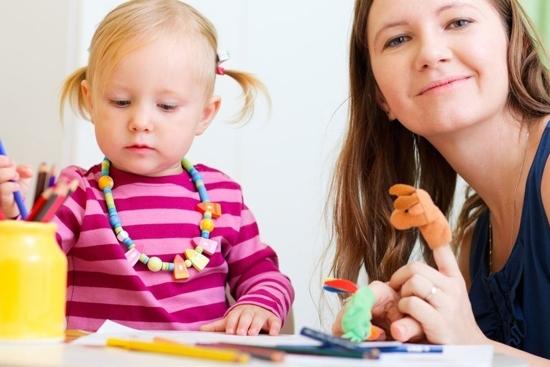HOW CAN ABA HELP?
Applied Behavior Analysis (ABA) can help your child with autism through his/her innate ability to learn, with the help of a good quality instructional program. The amount a child can learn when given the best possible program is something no one can concretely predict. However, program quality is something you can influence. The number of hours per week is important because more hours means more learning. If your child is not yet able to initiate appropriate activity, every hour spent learning is one less hour spent practicing undesirable activities. ABA provides more productive, quality time.

Instructional quality is just as important. The idea of providing positive reinforcement seems simple enough. However, it’s rarely enough to simply give a child a piece of candy every time he gives a right answer. There are many, many details and strategies which a good ABA teacher must master in order to move your child through the curriculum as quickly as possible.
You can and should expect your child to learn to his maximum potential, even though there is no way to be sure exactly what that potential is.
The research proves that some children do recover completely, and most others can make very substantial progress. While no one can tell you if that is possible for your child, he does deserve the same quality of instruction and the same opportunity to attain a normal life as the many children who have recovered completely.

Expect also that progress is something you have to look at for the long term. Three steps forward and two back is more the rule than the exception. Daily or weekly plateaus, spurts, and regression can be emotionally exhausting. However, a high-quality program should lead to measurable progress from month to month.
ABA is a well-developed program for maximizing learning. ABA therapists are working to maximize one-on-one teaching that causes the most efficient and long-term learning.
As an ABA program continues, if it is successful (as it is about 90% of the time), the student’s brain changes – he/she “learns how to learn” like his typically developing peers.

